It doesn't have to be "be" "have to" has all the verb forms that other verbs have has to, had to, will have to, has had to, would have to, had had to, "is to" only has five forms am to, is to, are to, was to, were to "have to" takes a meaning quite similar to theI have got to go now;Feb 04, 15 · As a main verb "to have" implies the meaning of possession What's the difference between is and has in this sentence Sophia is an English teacher, she has brown eyes Be verb Is is used to say something about a person, thing, or state, to show a permanent or temporary quality, state, job, etc I am 23 Are you Russian?

To Be And Have Got Esl Worksheet By Kamilam
Need to be vs have to be
Need to be vs have to be-ID 5624 Language English School subject English as a Second Language (ESL) Grade/level Elementary Age 1012 Main content Verb to be Other contents to have got Add to my workbooks (1125) Download file pdf Embed in my website or blog Add to Google ClassroomJul 11, 15 · Difference Between "Have To" and Must" "Have to" and "must" are very similar in meaning and can often times be used interchangeably You can say "She must go to the store" and "She has to go to the store" The meanings here are the same As such, many people use them in this way with no distinction There are some differences




Has Vs Have How To Use Have Vs Has With Useful Examples 7esl
Feb 12, 12 · The structure have (got) to is used to talk about obligation It has a similar meaning to must I have got to get up early tomorrow(= I must get up early tomorrow) I have got to meet him;Improve your English with Gymglish try our English lessons for free now and receive a free level assessment!The words "have" and "has" share the same root verb ("have"), which means "to obtain, possess, or maintain"But since "have" is such an auxiliary verb, many English speakers struggle to use it correctly The verb "have" is also an irregular verb, so most grammar rules don't apply in a traditional sense
Share them with us!Have to is used to express some obligation, compulsion or necessity in the present or future I have to finish the work on time He has to be there by 3 o'clock She has to find a good job You have to wait for us at the railway station She will have to pay the dues Note that the expressions will have to and shall have to mean the same as must19 Responses to ""Have" vs "Having" in Certain Expressions" Jon on June 25, 10 156 am Comparing with "having lunch" is a tricky one in this situation
Find out which form to use in tricky situations such as present perfect tense and possessionOct 19, 18 · Sometimes, "must" and "have to" can be used to speak about responsibilities However, "must" is generally used for strong personal obligations and "have to" is used for responsibilities at work and in everyday life I must do this right now!You can also use "have to" here, it would mean that he is obliged to, based on the arrangements that have been made, while "is to" simply informs us that it has been scheduled Only "be to" can be used in an ifclause If you were to bake a cake, I would eat it (= If you baked a cake, I would eat it) When giving orders you can use both
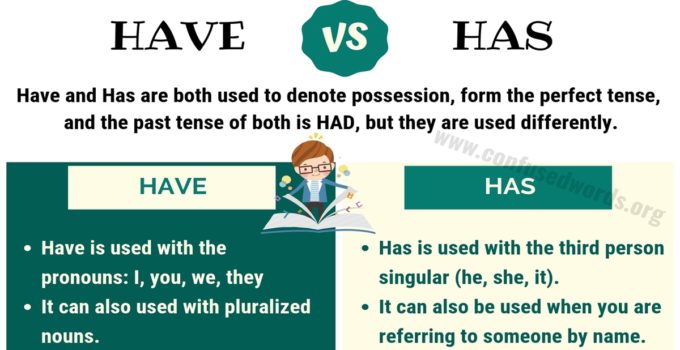



Has Vs Have How To Use Have Vs Has In Sentences Confused Words
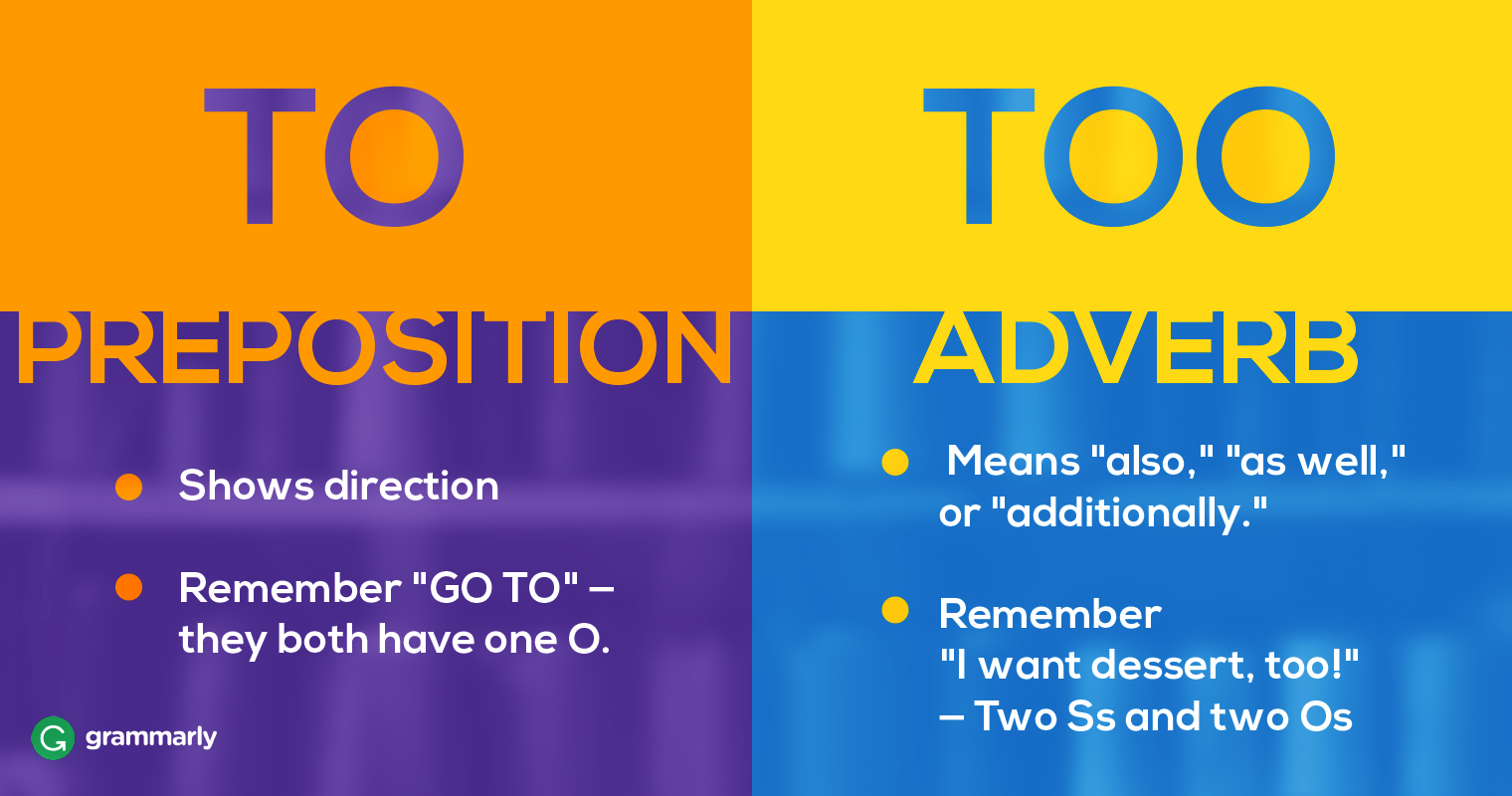



To Vs Too How Should You Use To And Too Grammarly
Jul 25, 19 · If you want a bigger screen, you will have to spend more money But 'would have to' is used to be more polite to make some hypothetical statement It is used in 2nd conditional where it denotes an unreal possibility, ie, a condition in theory possible to fulfil If you wanted a bigger screen, you would have to spend more moneyTRY FOR FREE Tips for learning ''to' be vs 'to have''?Find out about other grammar rules Improve your English further and test Gymglish, online English lessons « to be used to
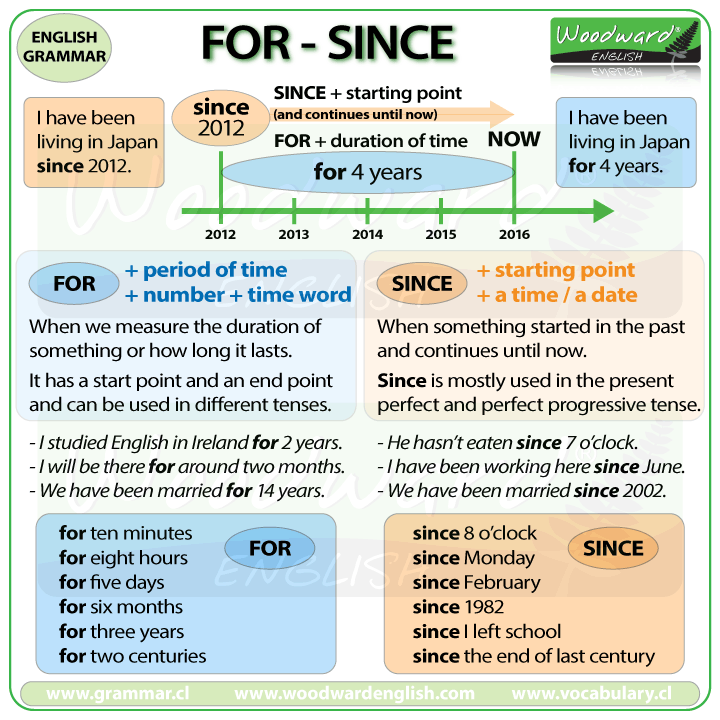



For Since Difference When To Use For And Since In English




Must Have Meaning And Form Esl Easy English Facebook
To vs too To is a versatile preposition A few of its many definitions are (1) toward , (2) reaching as far as , and (3) until 1 Too is an adverb meaning (1) additionally , (2) excessively , (3) very , or (4) extremely 2 Whenever you're in doubt about whether to use to or too , see if any of those synonyms of too (ie, additionally , extremely , etc) would work in its placeHe, she, it She has to get up early She does not have to get up earlyMay , 15 · HAVE TO frames things in a way that says I am obligated or required It's negative in most cases GET TO frames it more from a sense of gratitude and appreciation It's positive For example You have to take the kids to school Vs You get to take the kids to school
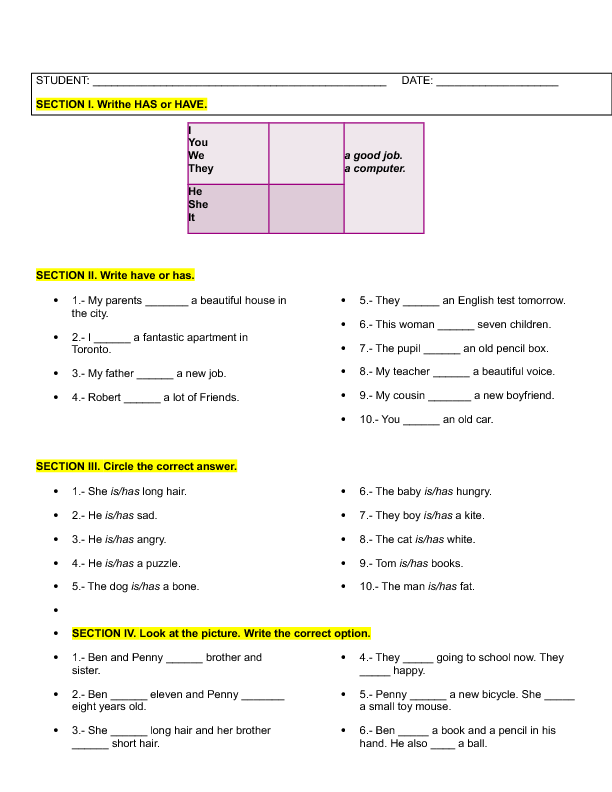



Has Have Vs Verb To Be Vs Possessive




Was Vs Were How To Use Were Vs Was Correctly 7esl
She is intelligent You were sleepingOct 02, 14 · 1 It was nice with cake It was nice to have cake In the first sentence, the it is referring to something, probably food, like icecream or some strawberries You are saying that one food tastes good when eaten with another In the second sentence, the it doesn't refer to anything It's like the it in "it's raining"Aug 09, 16 · Dr Kevin Elko tells a story of a courageous friend who was battling cancer The woman, as many of us would, says "I have to go to the doctor, I have to take these medicines, I have to get radiation," but one day her thought process changed with one simple word From "have" to "get" she gained a new perspective on life
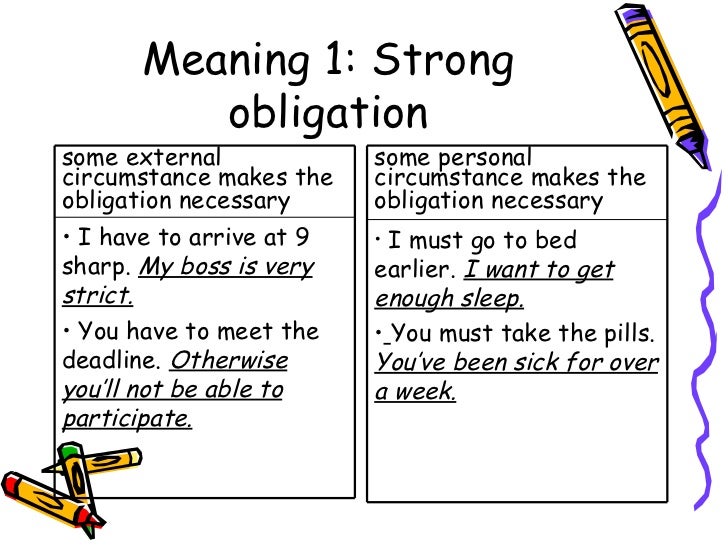



Have To Vs Must




Have Got And Be English Esl Worksheets For Distance Learning And Physical Classrooms
Have (got) to cannot be followed by a modal verb We've to take the car to the garage this morning Not We've to must take the car to the garage this morning Have (got) to is only used alone when the main verb and any complement of the verb is obvious ASep 13, 17 · Need to vs have to vs must can be used as synonyms Sometimes That's the good news Generally, they all mean that you're talking about a responsibility, an obligation, or something that is important to do This is where they are similar In positive sentencesJun 29, 15 · khoshtipthe differenceThe idioms are "have to" and "is to" Both are semimodal idioms Any infinitive can follow;
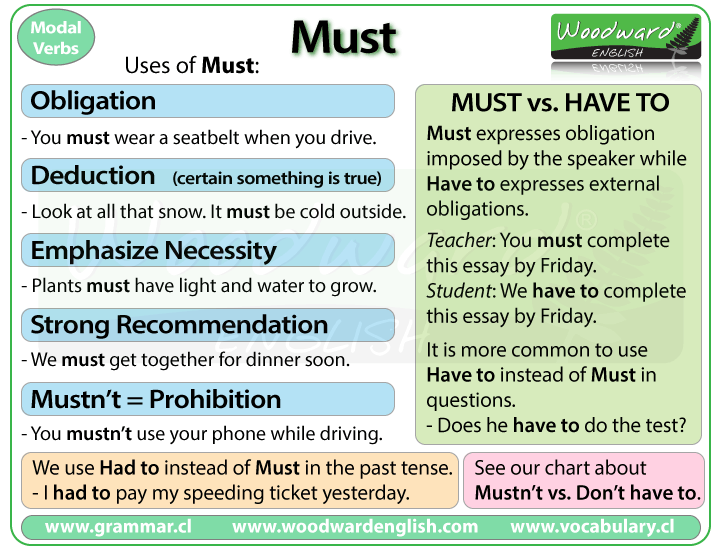



Must English Grammar




To Be Vs Have Got Worksheet
Aug 07, 19 · Have to vs Have got to Have to and have got to mean almost the same and imply 'to be obliged or find it necessary to do the specified thing' Have got to is more common in informal situations Have (got) to comes before the main verb and it is often contracted in speaking You have to try on these shoes They are so trendyJul 10, 17 · Fortunately, I have been lucky but some Marines have not experienced the same fortune The point is that I went to boot camp to become In my heart and in my head, IFeb 04, 18 · The negative form of must = 'must not', have to = 'don't have to, have got to = 'haven't got to' It's not that common to hear 'have got to' in the negative form, so you might hear people use 'don't have to' instead because it sounds more natural eg



Difference Between Have To And Must Difference Between




Pin On English Tenses And Grammar
Synonyms for have to be include should be, must be, ought to be, had better be, have a duty to be, would be, need to be and got to be Find more similar words at wordhippocom!Have got to can also be used to show certainty This usage is very common in American English I don't believe thisI have to file reports every week "Don't have to," "don't need to" and "mustn't" have very different meanings




To Be And Have Got Esl Worksheet By Kamilam




Have Been To Vs Have Gone To Youtube
"have to" and "must" both express obligation But there is a subtle difference "have to" expresses objective obligation and modal verb "must" expresses subjOct 26, · Kevin will have gone to the meeting, so I won't need to worry about attending Test Your Knowledge With This 'Gone to vs Been to' Quiz Do you understand the rules?Level Beginner/Intermediate Complete each of the following sentences with the correct form of the verb TO BE or the verb TO HAVE




Must Vs Have To
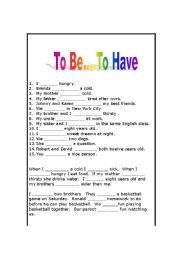



To Be Vs To Have Esl Worksheet By Pajalito
"Why Does It Have to Be (Wrong or Right)" is a song written by Randy Sharp and Donny Lowery and recorded by American country music group Restless HeartApr 08, 13 · Need To vs Have To • Both Have to and Need to express urgency and used when something has to be done • 'Need to' indicates a need and reflects the fact there is some benefit if the task is completed or done • Have to indicates an obligation such as a requirement by lawSep 07, 13 · Have and have got are usually possible with little or no difference of meaning Both forms can be used to express ideas such as possession and relationships For example, the two sentences given below express the same idea I have a sister = I have got a sister Got forms of have are informal, and are most common in the present




Difference Between Must And Have To With Examples And Comparison Chart Key Differences




To Be Vs To Have Got
Mar 28, 11 · The entry for today is a very subtle one it's the difference between "have to" and "need to" There is a slight difference in nuance between them We say "have to" when we want to talk about obligations – things we have no choice about doing However, we say "need to" when we want to talk about things that are necessary toMust vs have to Both Must and have to express obligation or necessity, but there are some small differences • Must expresses the speaker's feelings, whereas have to expresses, above all, an impersonal idea You must come You are obliged to come (I require that you come) You have to come You are obliged to comeFeb 27, 17 · be supposed to vs have to Hi, Supposed to Be supposed infinitive is used to say what people have to do (or not do) according to the rules or the law, or about what is (not) expected to happen Catholics are supposed to go to church on Sundays We' re supposed to pay the Council Tax at the beginning of the month




Must And Have To Difference A Free Guide Post




Pin On Grammar Notes Tips
Apr , 09 · To Have Versus To Be May 19, 14 April , 09 by Dragos Roua Our modern society has only two major mindsets, and those are "to have" and "to be" "To have" is the mindset which favors acquisitions, possessions, control, disruption "To be" is the mindset which favors enjoyment, detachment, freedom and continuityTo have and to hold, or to has and to hold?2 The expression for obligation and necessity for both PRESENT and FUTURE is "Have to" The difference between them, for clarification purpose or for avoiding confusion, is the time expression I have to finish this job now




Will Vs Going To Differences Between Will And Going To 7esl




Should Vs Have To Worksheet
Nov 19, 15 · "are to be" is usually pointing to the nature of the thing for example task is a piece of work to be done which means that task in terms of being task has to be done while "has to be" is more general so i think you should use "have to" in your exampleHave has to do with possession, and to have something is to be in possession of it I have a pencil Has and have sometimes get confused with each other in people's writing–but more often in speech–because have is an irregular verb It, therefore, doesn't take the usual verb endings ofTo be / to have exercises elementary level present simple Auxiliary verbs exercises am is are have has
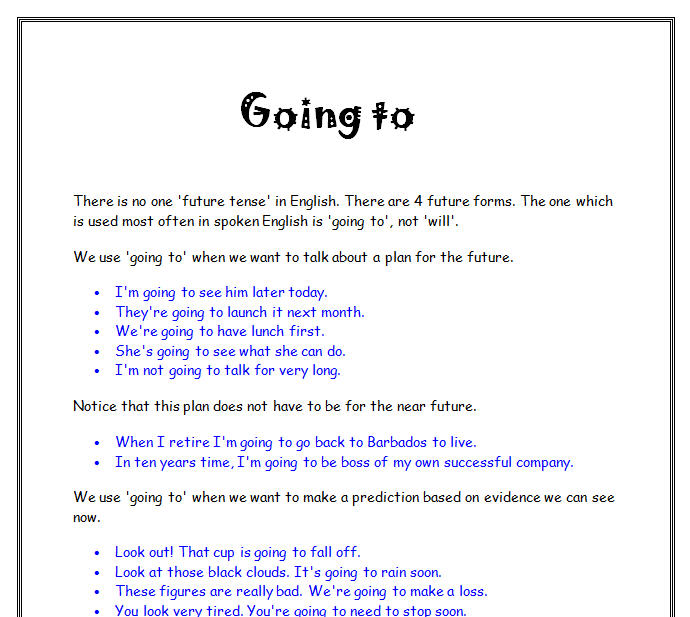



Be Going To Vs Will
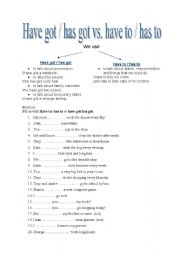



Have Got Has Got Vs Have To Has To Esl Worksheet By Pannap
I, we, you, they I have to get up early I do not have to get up early Do I have to get up early?We use have to / must / should infinitive to talk about obligation, things that are necessary to do, or to give advice about things that are a good idea to do Mus t and have to are both used for obligation and are often quite similar They are both followed by the infinitive I must go now / I have to go nowHave to, has to, had to have to, has to in the Simple Present Pronouns Affirmative sentences Negative sentences Questions;
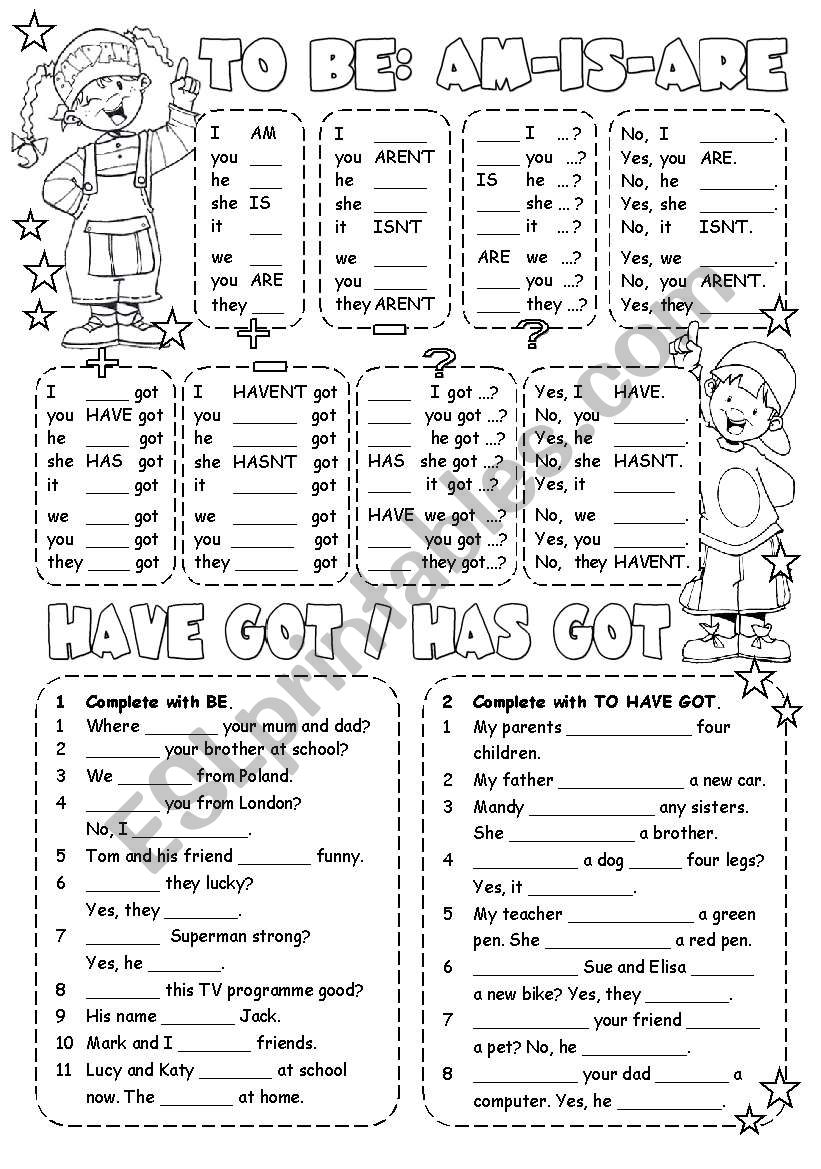



Verb To Be Vs To Have Got Esl Worksheet By Alenka
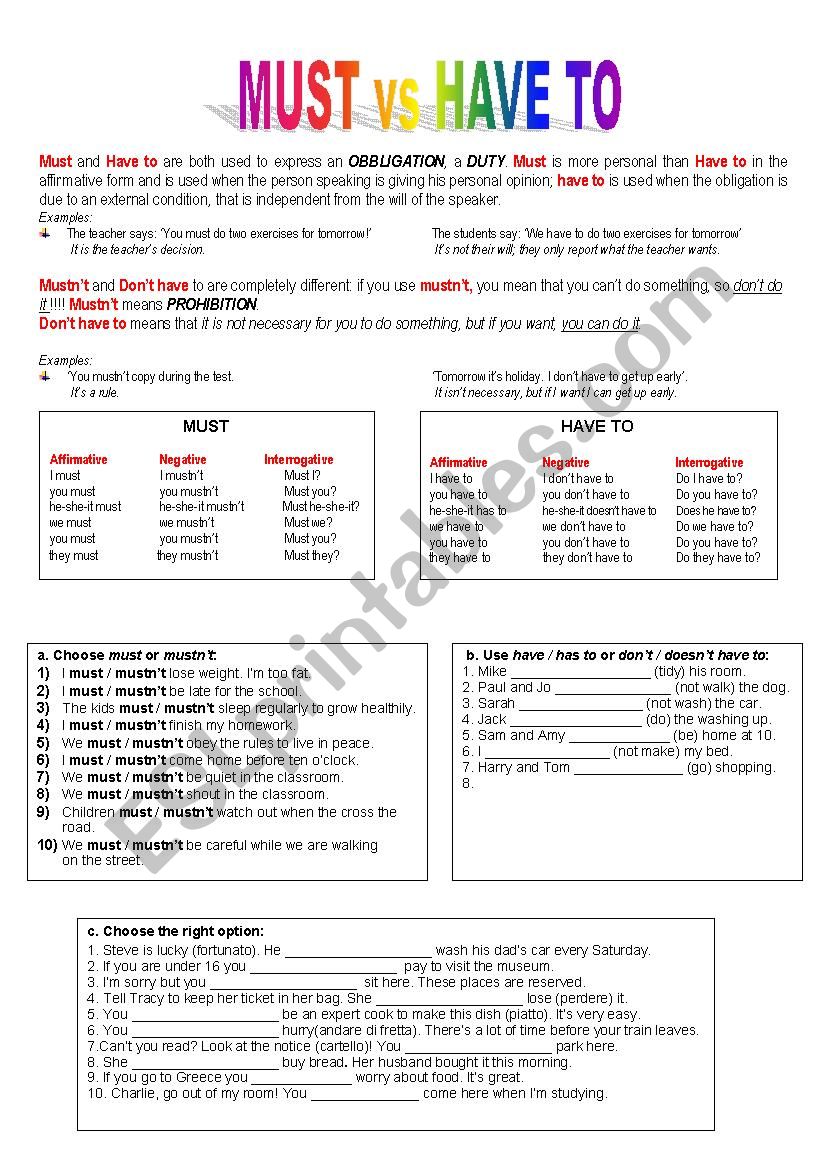



Must Vs Have To Esl Worksheet By Sarasimo97
Oct 23, 11 · Be vs have 1 By BA Roberto PesantesEnglish Language Consultant 2 We use «be» to describe something or someone TIP AM FOR I IS FOR HE, SHE, IT ARE FOR WE, YOU, THEY Example He is tall Mike is intelligent Nancy and Sussan are pretty The house is bigSubject to be complement (adjective)Have to is more common in North American English, especially in speech You must be home by 11 o'clock I must wash the car tomorrow I have to collect the children from school at 3 o'clock Nurses have to wear a uniform In British English there is a difference between themJul 16, · What is the difference between has and have?




Be Going To Vs Will 2 Worksheet
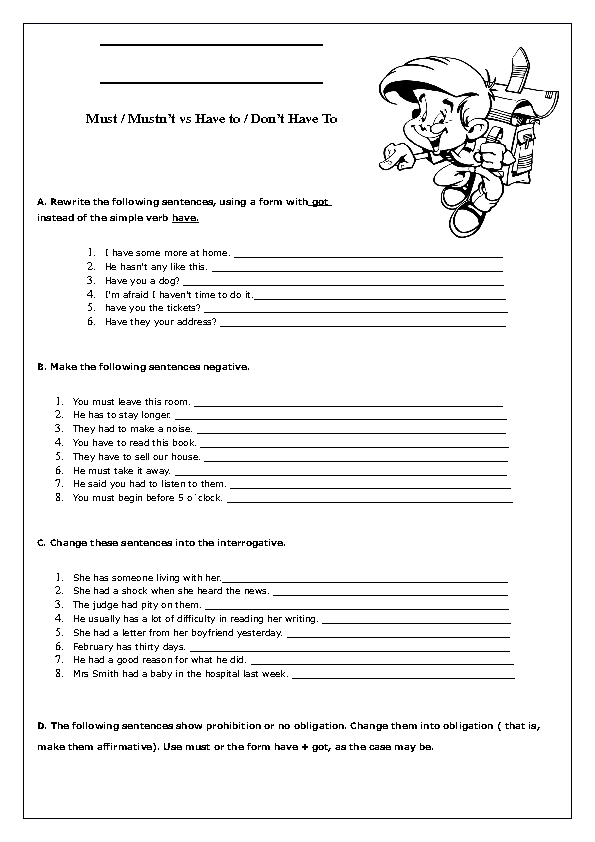



Must Mustn T Vs Have To Don T Have To Worksheet
Even though "have" and "has" come from the same verb "to have," there are slight differences in the way they're used Read about how to use them hereIt has to be vs it have to be A complete search of the internet has found these results it has to be is the most popular phrase on the web More popular!Yesterday, you (have) pain when you fell down 9 She (be not) beautiful for me 10 Today, I (have) got 2 new books End of the free exercise to learn English To be or to have




Has Vs Have How To Use Have Vs Has With Useful Examples 7esl
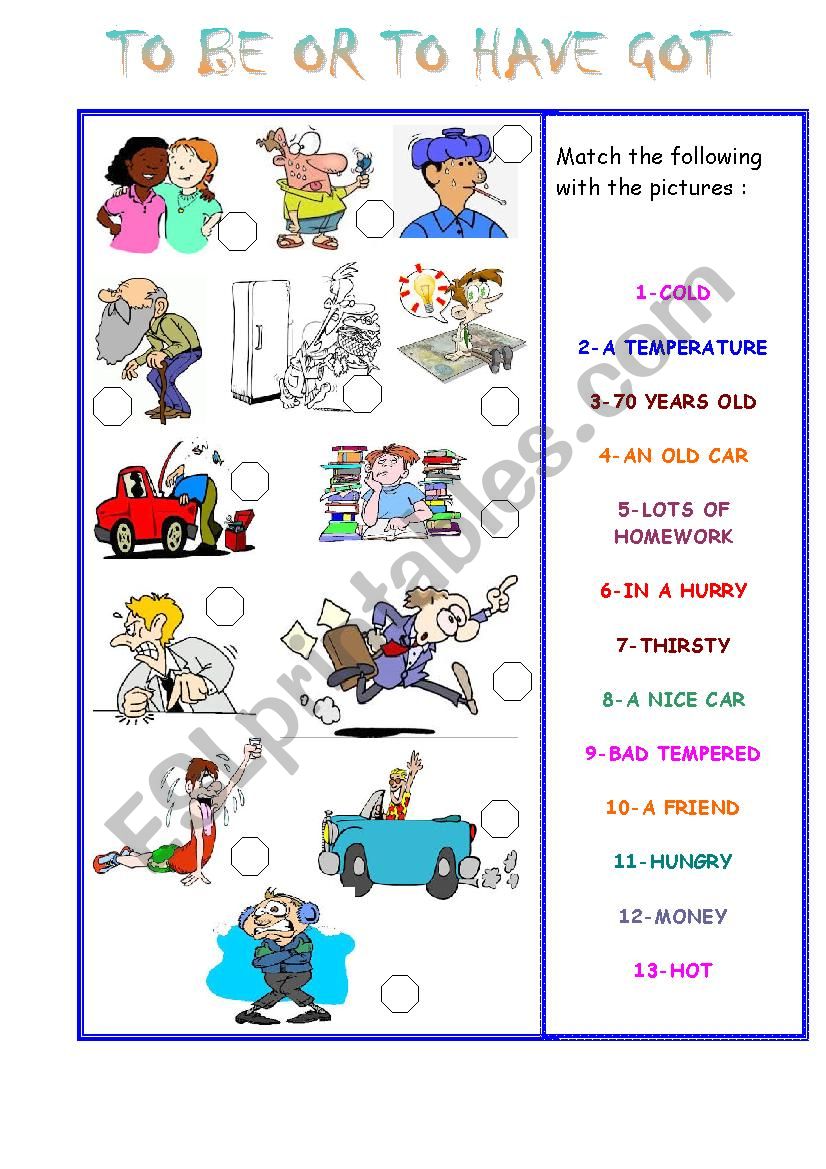



To Be Vs To Have Got Esl Worksheet By Florimago
Test your knowledge with this quiz by choosing the best form based on the information provided Mixing up have been to and have gone to is one of many common mistakes made in EnglishMay 12, 18 · have to = used for strong advice, obligations, and rules must = used for strong advice, obligation, and rules should = used for give advice (not as strong as the words above) Had better is used to give strong adviceOct 23, 18 · We use the word 'must' to show the indispensability of something It indicates the exigency of an act On the other hand, 'have to' is used to indicate that the subject is bound to act in a specified manner, because of some external pressure




Test English Prepare For Your English Exam




Will Vs Going To Differences Between Will And Going To 7esl
English Verbs Exercise TO BE/TO HAVE (present tense) Practice using English verbs ONLINE ENGLISH GRAMMAR QUIZ topic Which verb TO BE or TO HAVE?0 Has to is the common form correct in great most cases is having (without to) appears only as an idiom for eating She has to buy a sandwich means opinion/necessity "she definitely should buy a sandwich" or "She has no other choice, she must buy a sandwich" She has a sandwich ownershipUsing have to, supposed to, and ought to Have to is the same as must It implies that you don't have a choice John has to go to work everyday




Must Vs Have To What Is The Difference Youtube




57 Free Have To Worksheets




Must Have Meaning And Form Esl Easy English Facebook




Must Vs Have To British School Of English Facebook
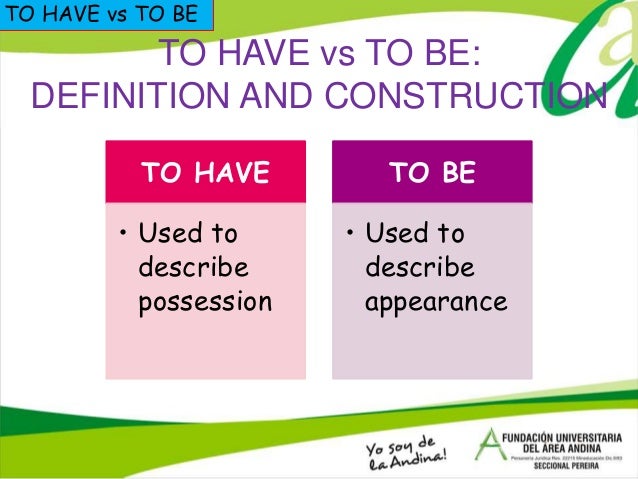



Physical Description Of People
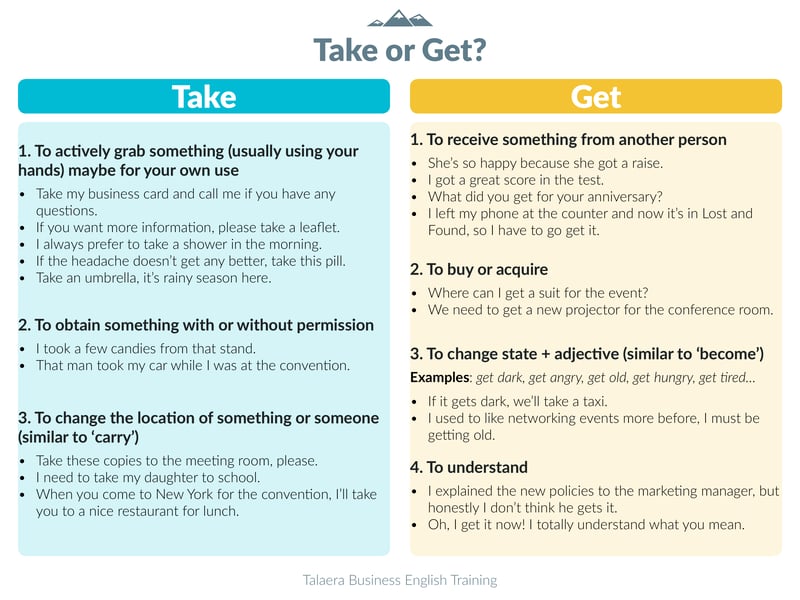



Take Vs Get Includes Examples And Exercises




On Time Vs In Time Useful Difference Between In Time Vs On Time Eslbuzz Learning English




Used To Vs Be Used To Vs Get Used To How To Use Them Correctly Eslbuzz Learning English




Commonly Confused Words Between Vs Among Eslbuzz Learning English




Verb To Be Vs Have Worksheet




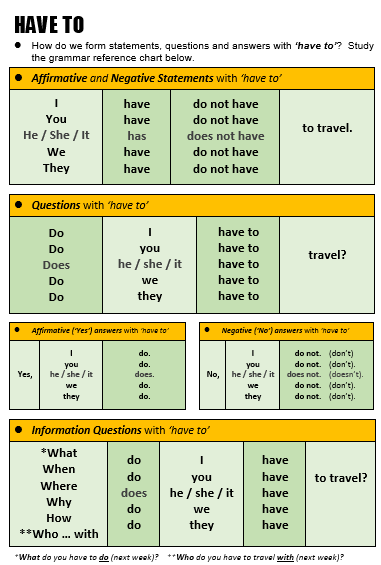



Have To All Things Grammar




Has Vs Have Speech Time Fun Speech And Language Activities




Have Vs Have Got Difference Between Have Have Got 7esl




Modals Mgr Anna Waligrska Kotfas Pwsz Konin Must




Pin On English Lang
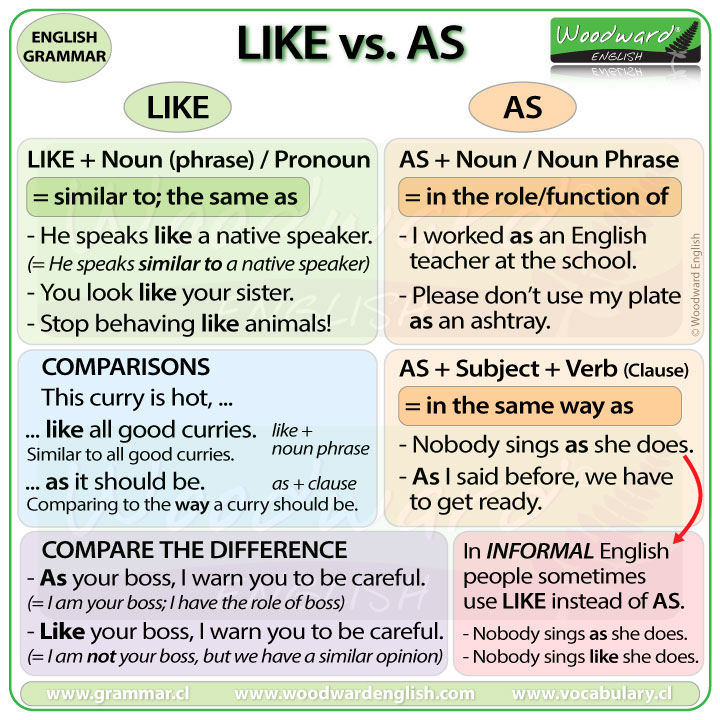



Like Vs As Difference And Examples English Grammar Rules




Have Vs Get Amanda Rego




Lesson 4 There Be Vs Have Has Entertainment Funny Has Has




Has Vs Have Speech Time Fun Speech And Language Activities




Wants Vs Needs What Is The Difference Fibyrei




Used To Vs Be Used To Vs Get Used To How To Use Them Correctly Eslbuzz Learning English




Have Vs Have Got Difference Between Have Have Got 7esl



Must Vs Have To Learn English Grammar
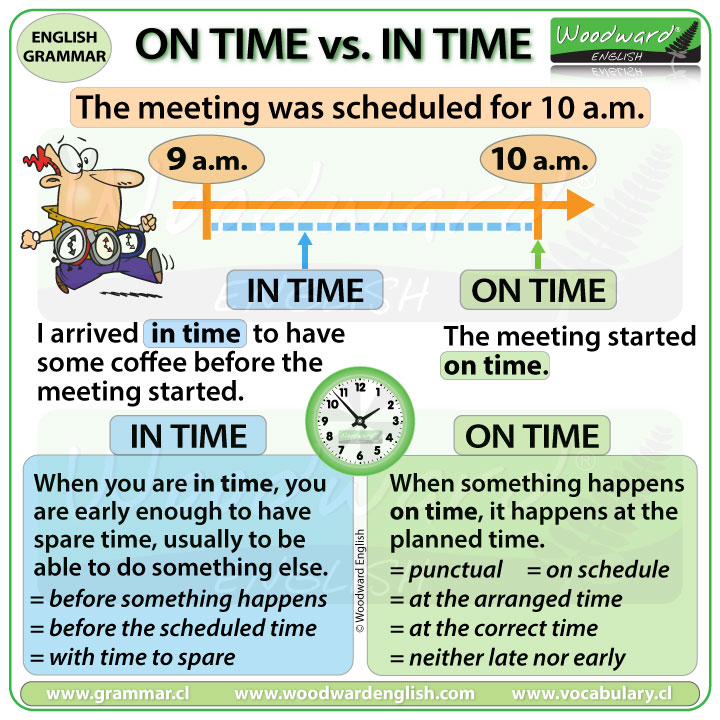



On Time Vs In Time What Is The Difference Woodward English




Have To Vs Must Worksheet




To Have Vs To Have Got English Esl Worksheets For Distance Learning And Physical Classrooms




Must Vs Have To Mustn T Vs Don T Have To Worksheet




Will Vs Going To The Difference Between Will And Going To Future Tense In English Grammar Youtube
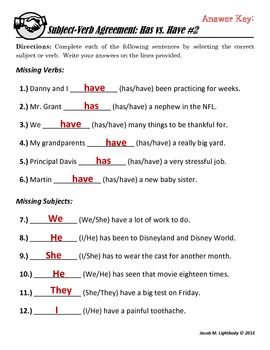



Subject Verb Agreement Has Vs Have By Jacob Lightbody Tpt




To Be Vs To Have Battle Of The Verbs Conversa Spanish Institute




Has Vs Have How To Use Have Vs Has With Useful Examples 7 E S L English Grammar Rules English Grammar English Vocabulary Words
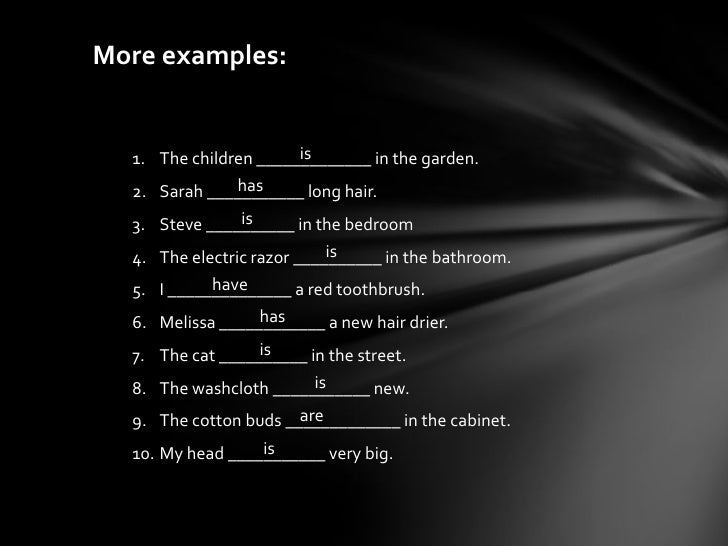



Be Vs Have
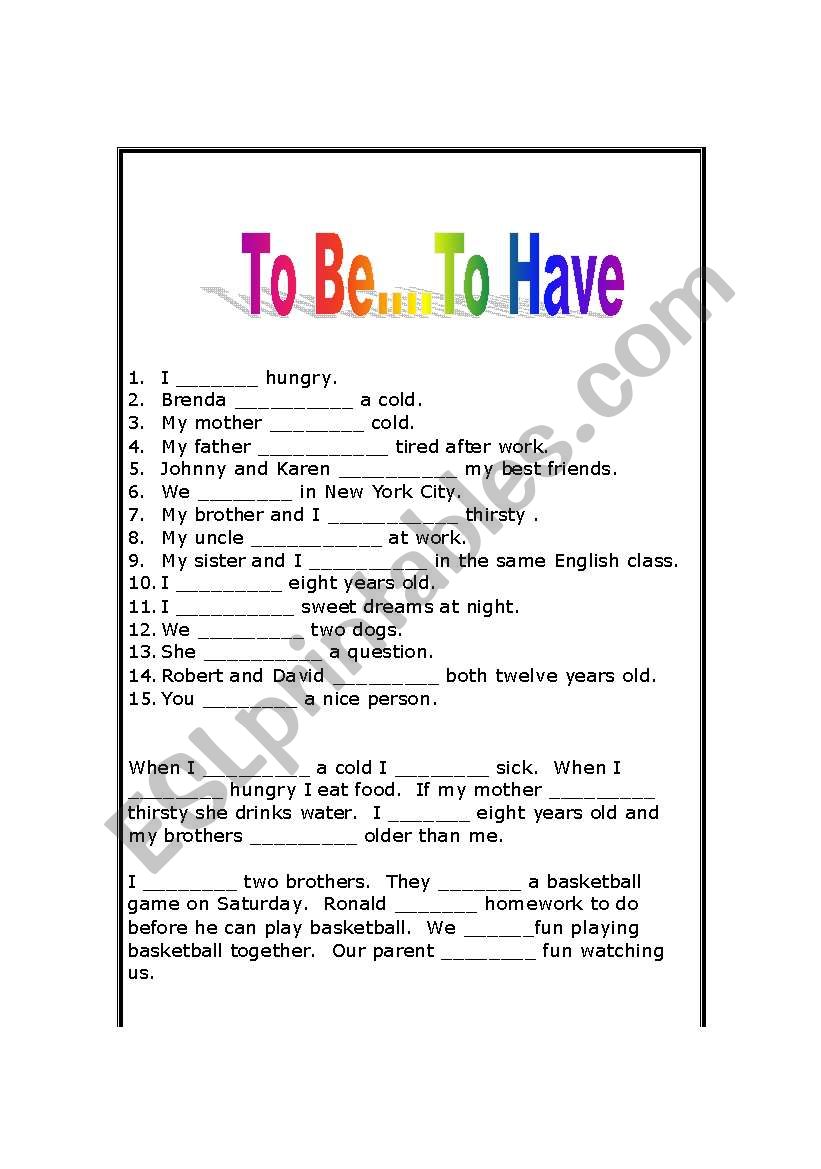



To Be Vs To Have Esl Worksheet By Pajalito




Must Vs Have To Build Up Your English Facebook




To Be Vs Have Got Easy Worksheet




Have Vs Has When To Use Each One Thesaurus Com




Have To Vs Need To Vs Must What S The Difference In English




Be Vs Have Got The Crazy Teacher S Blog The Crazy Teacher S Blog



Have To Vs Don T Have To English Study Here




Must Vs Have To Eduka Planet




Have Got Vs To Be Teacher Amara S Blog




Structure Have Vs Have Got Fly High English




Going To Vs Supposed To Ppt Download




English Grammar Have And Have Got Eslbuzz Learning English
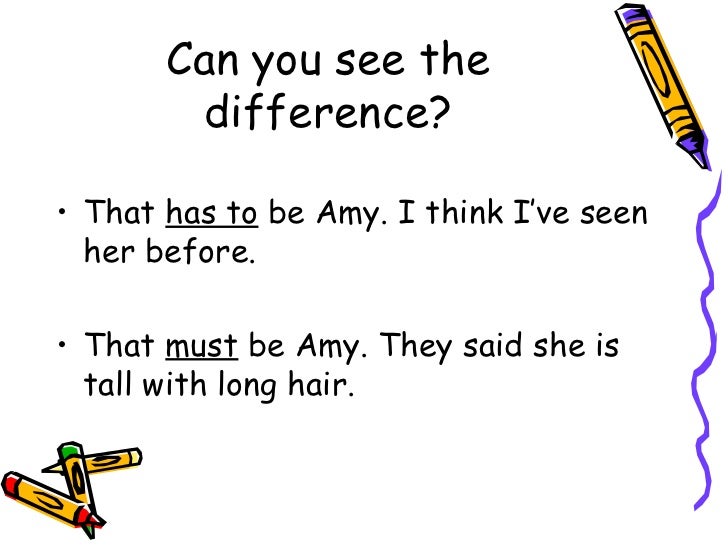



Have To Vs Must




Has Vs Have Speech Time Fun Speech And Language Activities




May Vs Might When To Use Might Vs May With Useful Examples 7esl




Have Got Vs To Be Teacher Amara S Blog




A Worksheet On Verb To Be Vs Verb To Have Learning English For Kids Verb To Have Kids English



Must Vs Have To Learn English Grammar




Must Vs Have To In English Lessons For English




English Esl Be And Have Got Worksheets Most Downloaded 28 Results




Modal Verbs I Must Have To Dont Have




Have To Vs Want To You Can T Have One Without The Other Hammer
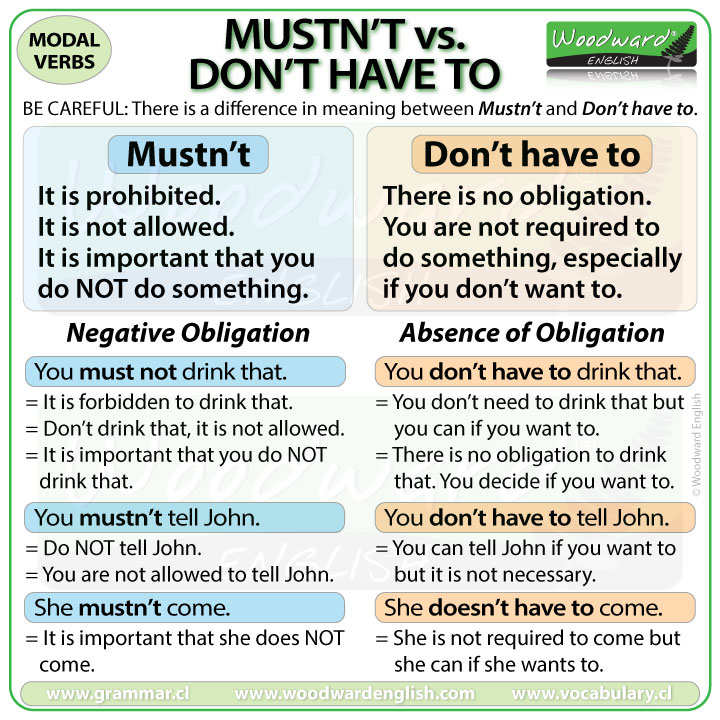



Mustn T Vs Don T Have To Woodward English




Test English Prepare For Your English Exam




Difference Between Have To And Had To With Table Ask Any Difference
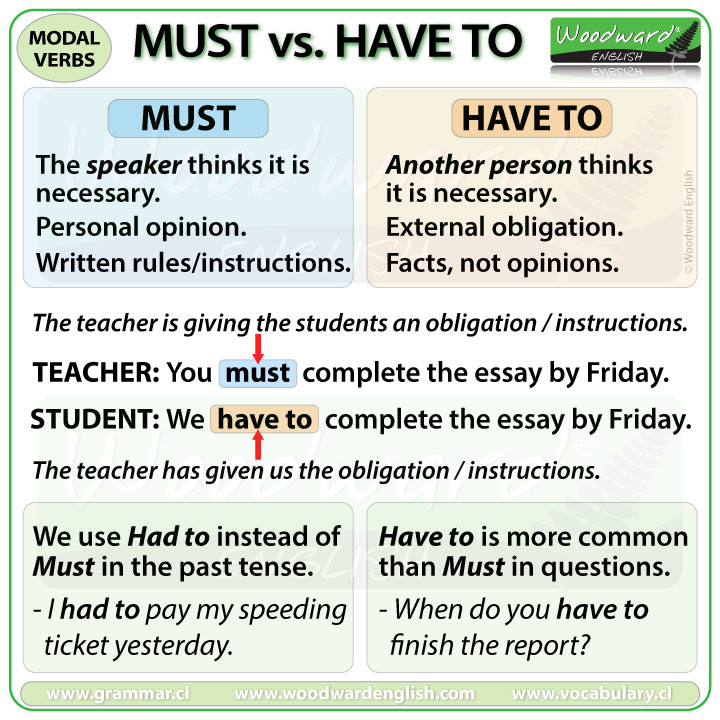



Must Vs Have To Woodward English
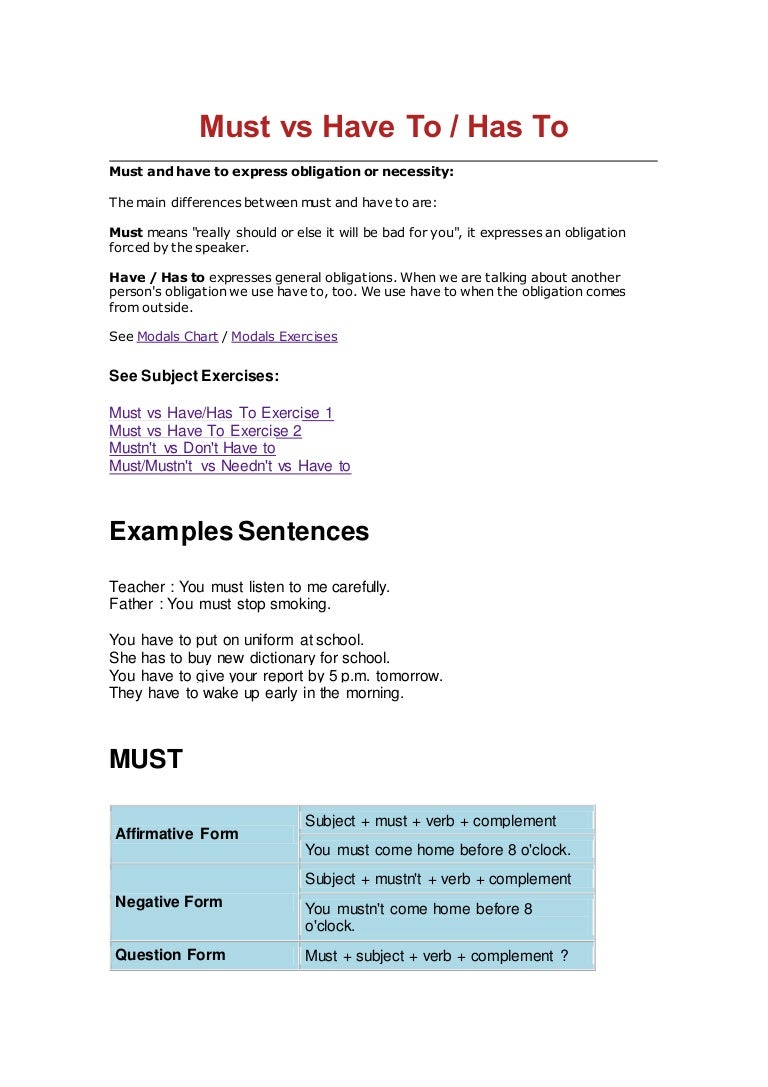



Must Vs Have To Grammar
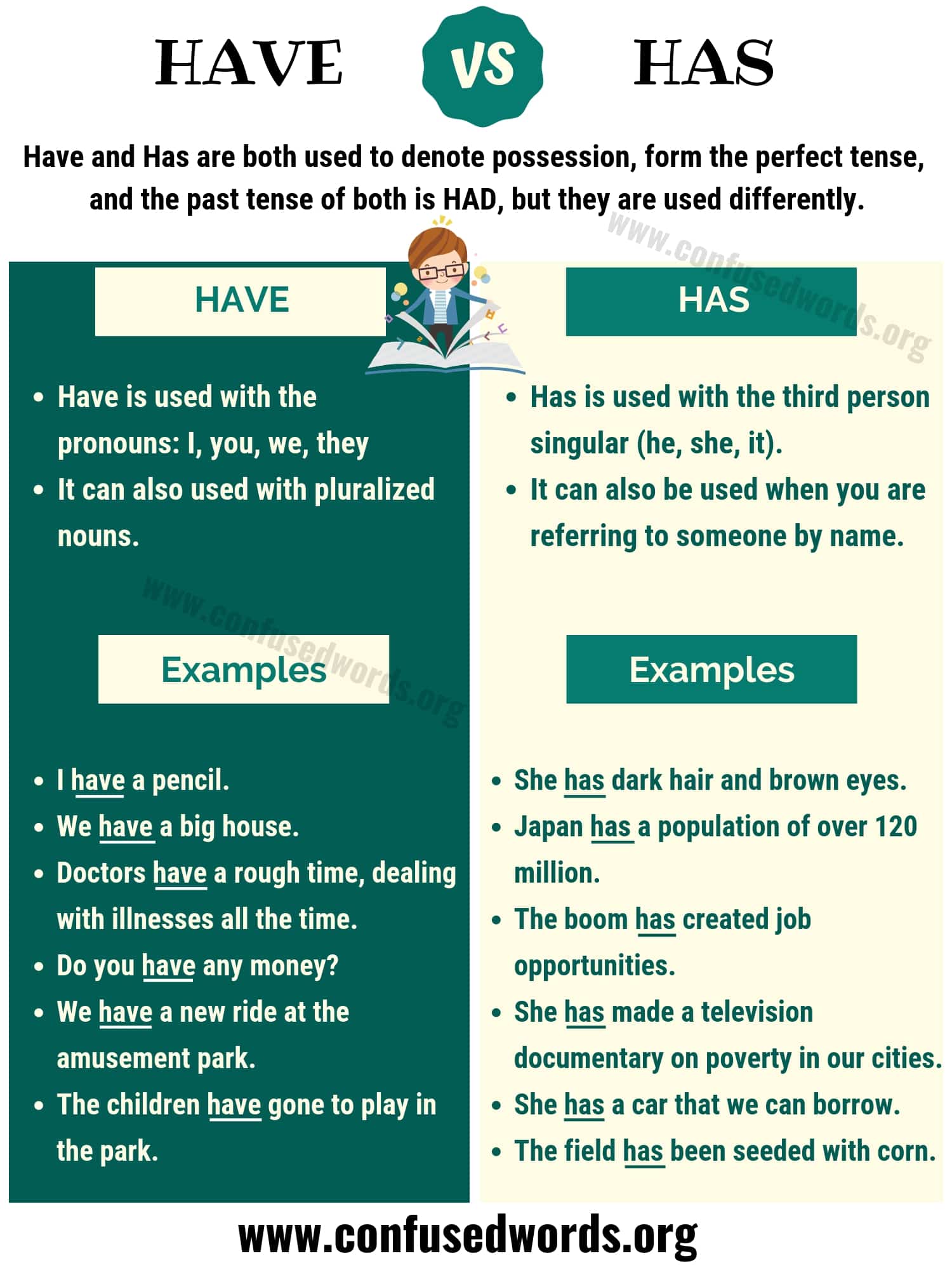



Has Vs Have How To Use Have Vs Has In Sentences Confused Words




Used To Vs Be Used To Vs Get Used To How To Use Them Correctly Eslbuzz Learning English




Has Have Vs Verb To Be Vs Possessive




Must English Grammar English Grammar English Verbs English Language Learning



English Grammar When To Use Have Got English Teacher Melanie
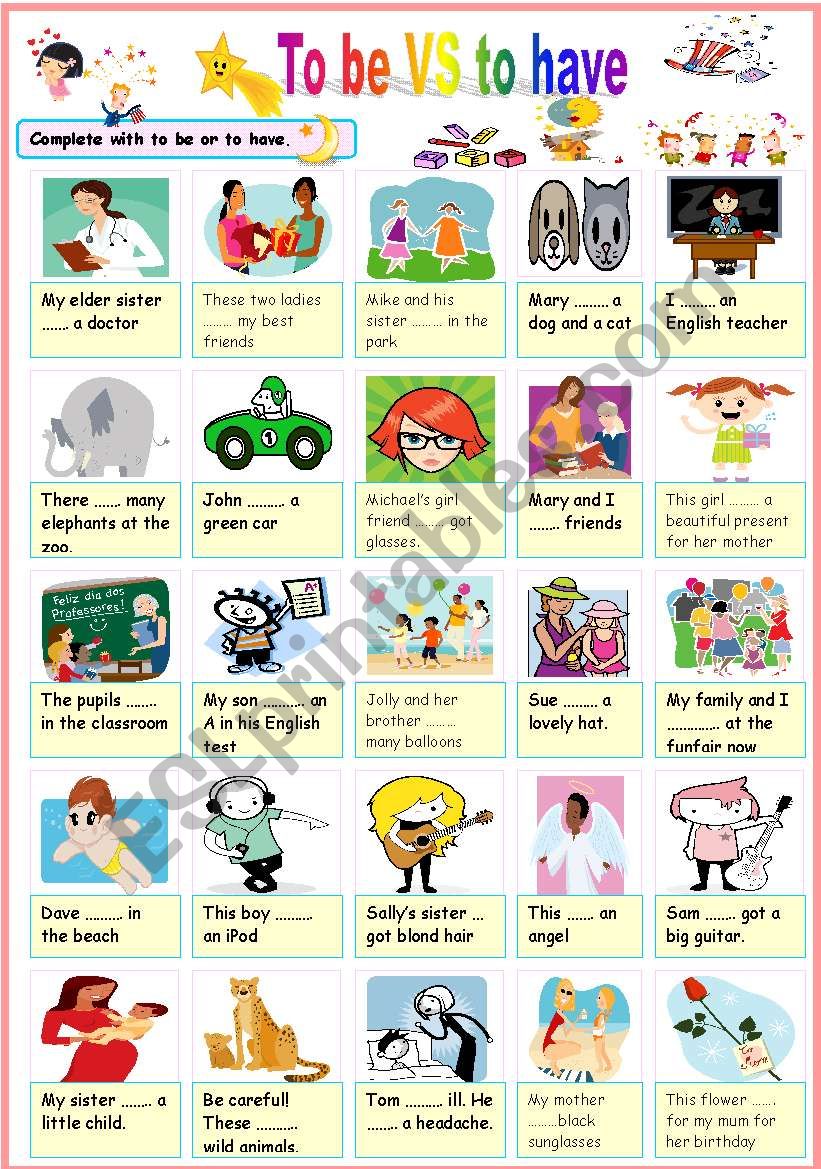



To Be Vs To Have Esl Worksheet By Ben 10




To Be Vs To Have Got English Esl Worksheets For Distance Learning And Physical Classrooms




May Vs Might When To Use Might Vs May With Useful Examples 7esl



0 件のコメント:
コメントを投稿